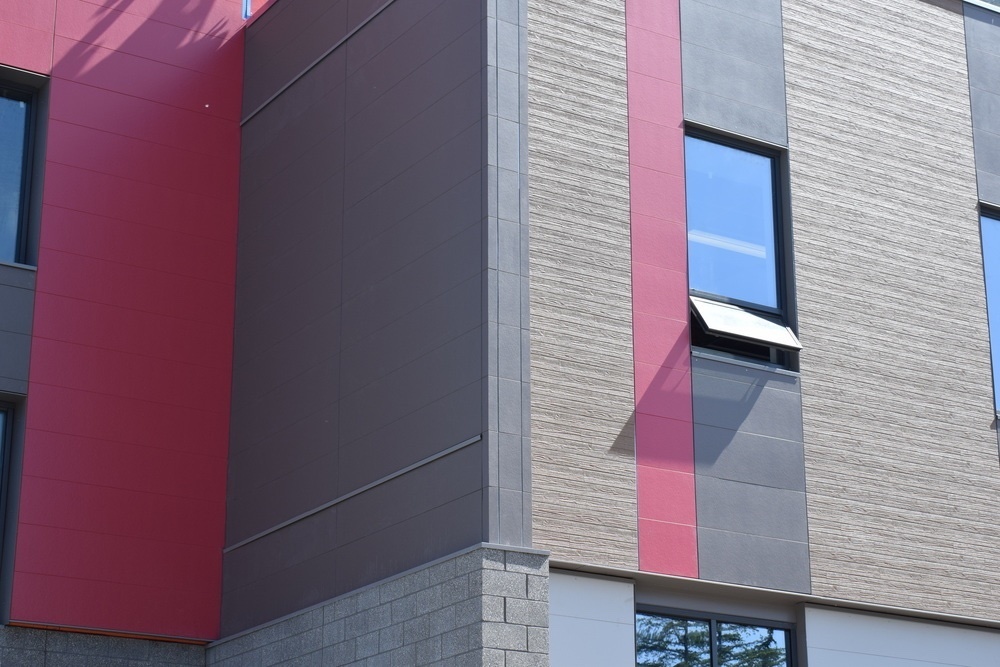Testimonials / Case-Study

Browse Testimonials
Understanding the Impact of Freeze-Thaw Cycles on Siding Panels
In this article, we will explore the effects of freeze-thaw cycles on siding panels, focusing on how CERACLAD addresses these challenges.

Freeze-thaw cycles present a significant challenge to building materials, particularly exterior siding panels. As temperatures fluctuate, water trapped within the panels expands and contracts, leading to potential damage over time. In this article, we will explore the effects of freeze-thaw cycles on siding panels, focusing on how CERACLAD addresses these challenges.
UNDERSTANDING FREEZE-THAW CYCLES:
Freeze-thaw cycles occur when moisture penetrates building materials and subsequently freezes and thaws due to temperature fluctuations. In colder climates, this process is particularly common during the winter months. When water freezes, it expands, exerting pressure on the surrounding materials. Upon thawing, the water contracts again, causing stress on the material. Over time, this repeated cycle can lead to cracks, delamination, and other forms of damage.
IMPACT ON SIDING PANELS:
Siding panels are especially vulnerable to the effects of freeze-thaw cycles due to their exposure to outdoor elements. Traditional materials such as wood and vinyl may experience warping, splitting, or decay when subjected to fluctuating temperatures and moisture levels. Additionally, water infiltration can compromise the structural integrity of the panels, leading to costly repairs and maintenance.
CERACLAD'S SOLUTION:
CERACLAD offers a durable and weather-resistant solution to the challenges posed by freeze-thaw cycles. Made from fiber cement, CERACLAD siding panels are engineered to withstand harsh environmental conditions, including temperature fluctuations and moisture exposure. Unlike wood or vinyl siding, CERACLAD is resistant to warping, rotting, and cracking, ensuring long-term performance and durability.
KEY FEATURES:
1. Durability: CERACLAD siding panels are designed to withstand extreme weather conditions, including freeze-thaw cycles, without compromising performance.
2. Moisture Resistance: The non-porous nature of fiber cement prevents water penetration, reducing the risk of damage caused by freezing and thawing.
3. Thermal Stability: CERACLAD panels maintain their shape and integrity even in fluctuating temperatures, ensuring long-lasting performance and aesthetic appeal.
4. Low Maintenance: Unlike wood siding, CERACLAD requires minimal maintenance and upkeep, saving time and resources over the lifespan of the building.
CONCLUSION:
Freeze-thaw cycles pose a significant threat to building materials, especially exterior siding panels. By choosing a durable and weather-resistant solution like CERACLAD, property owners can protect their investment and ensure the longevity of their buildings. With its proven performance and low maintenance requirements, CERACLAD is the ideal choice for projects where resilience and durability are paramount.
